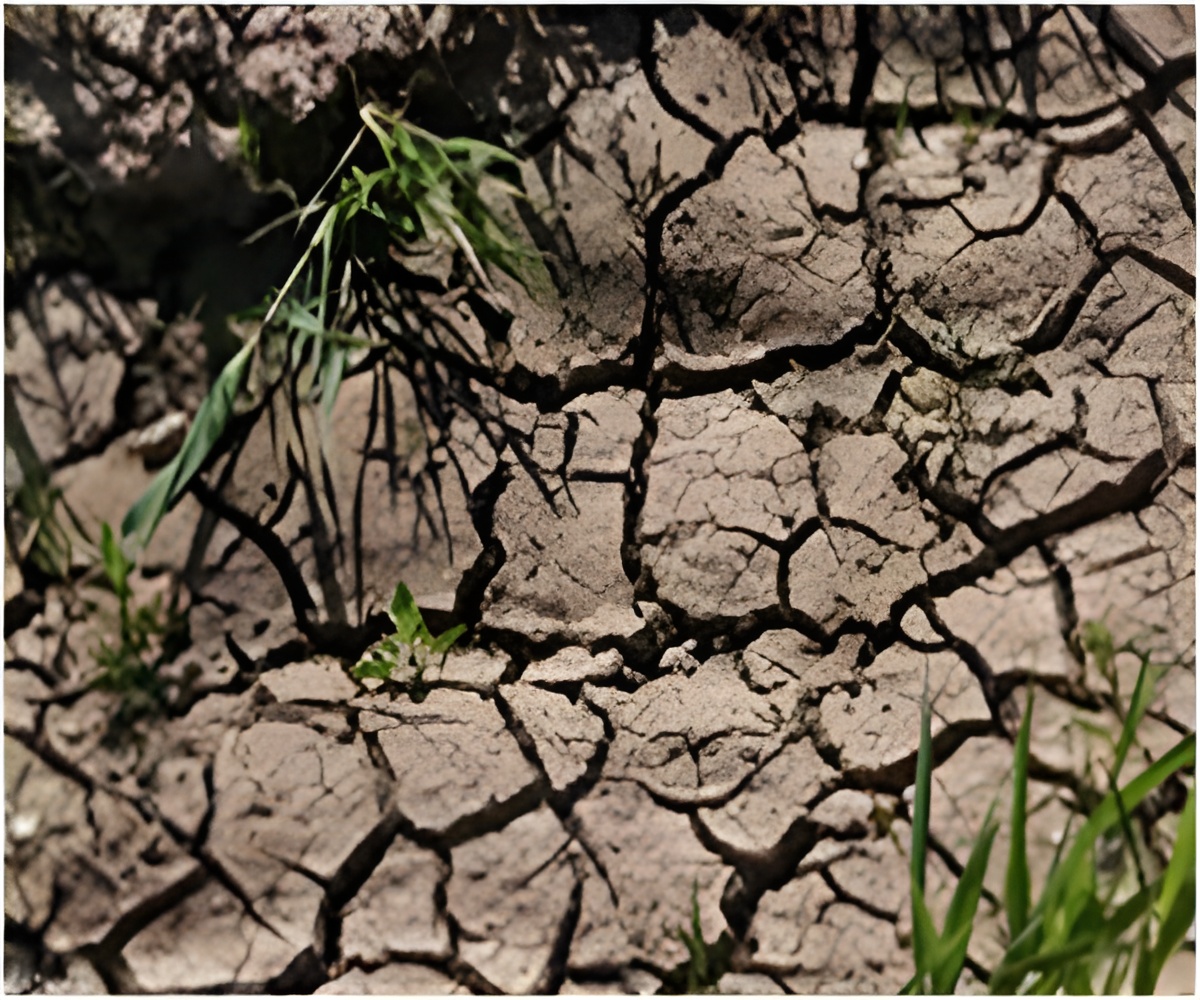
The research used recently discovered planets outside our solar system (exoplanets) as examples and investigated the potential for these planets to host life.
The research was led by Andrew Rushby, from UEA's school of Environmental Sciences said that they used the 'habitable zone' concept to make these estimates - this is the distance from a planet's star at which temperatures are conducive to having liquid water on the surface.
Rushby said that they used stellar evolution models to estimate the end of a planet's habitable lifetime by determining when it will no longer be in the habitable zone.
He asserted that they estimate that Earth will cease to be habitable somewhere between 1.75 and 3.25 billion years from now and after this point, Earth will be in the 'hot zone' of the sun, with temperatures so high that the seas would evaporate.
Rushby said that a catastrophic and terminal extinction event for all life will occur at that time.
Advertisement
Source-ANI









